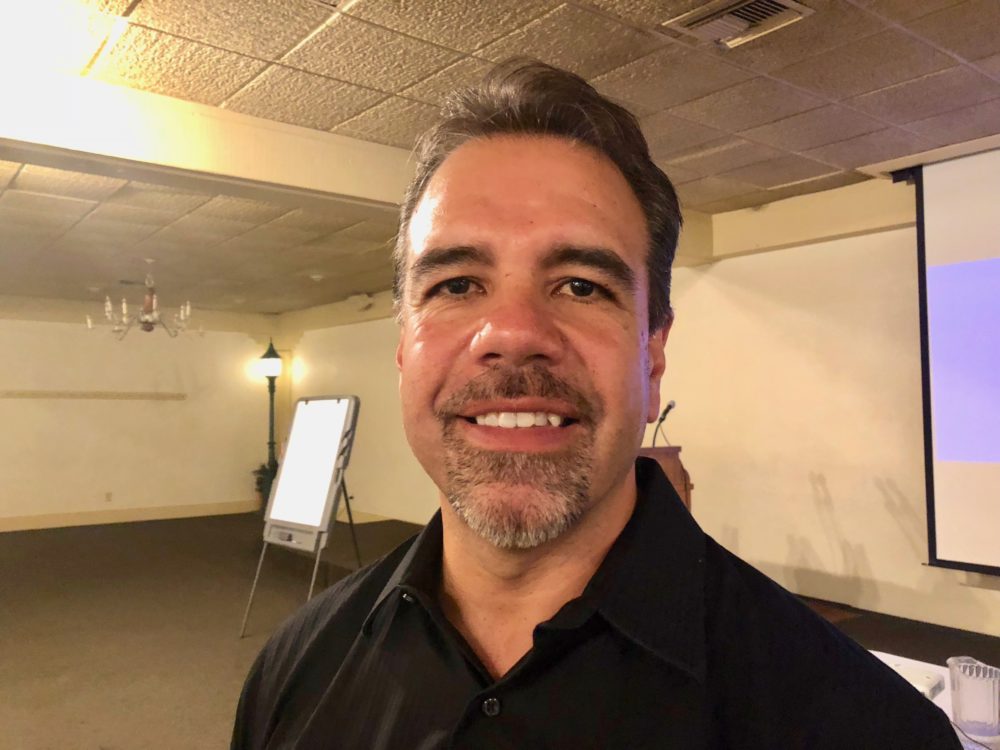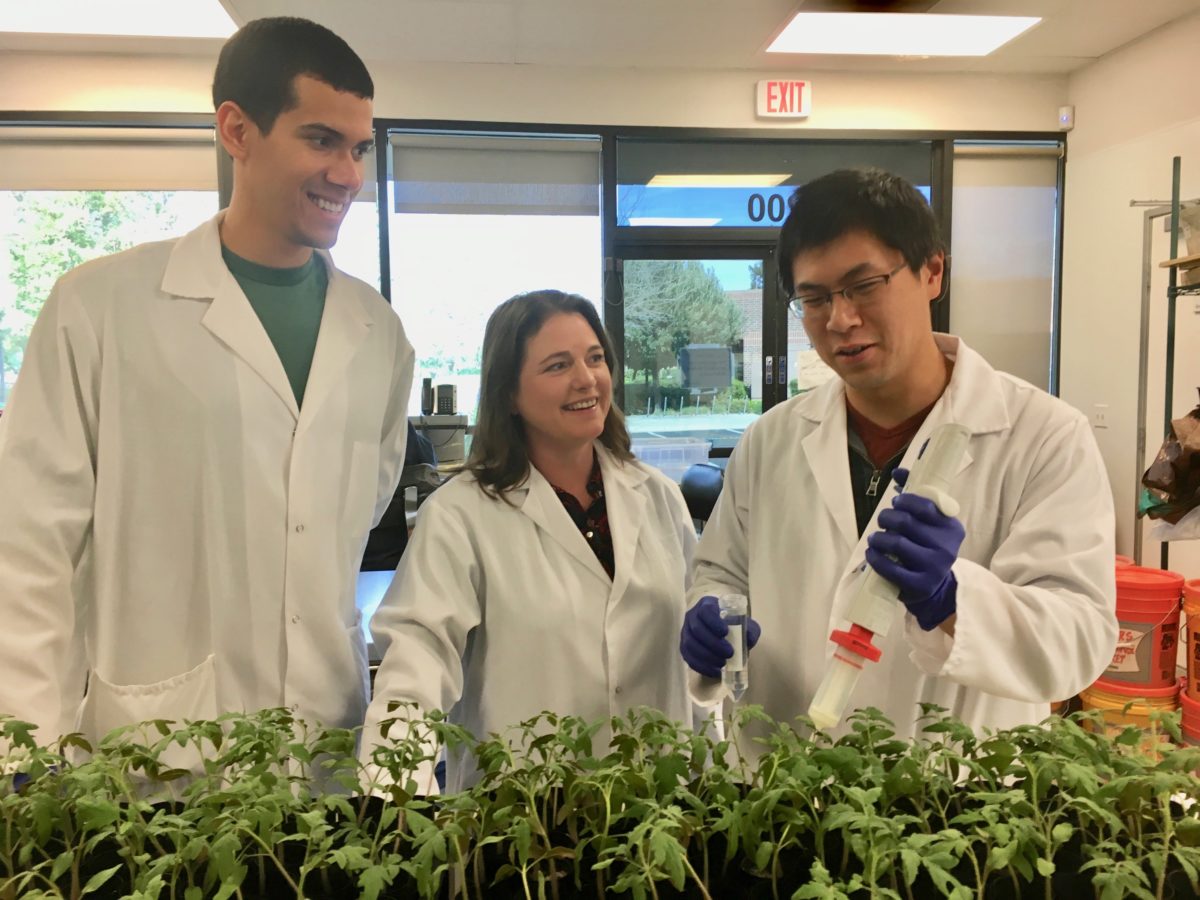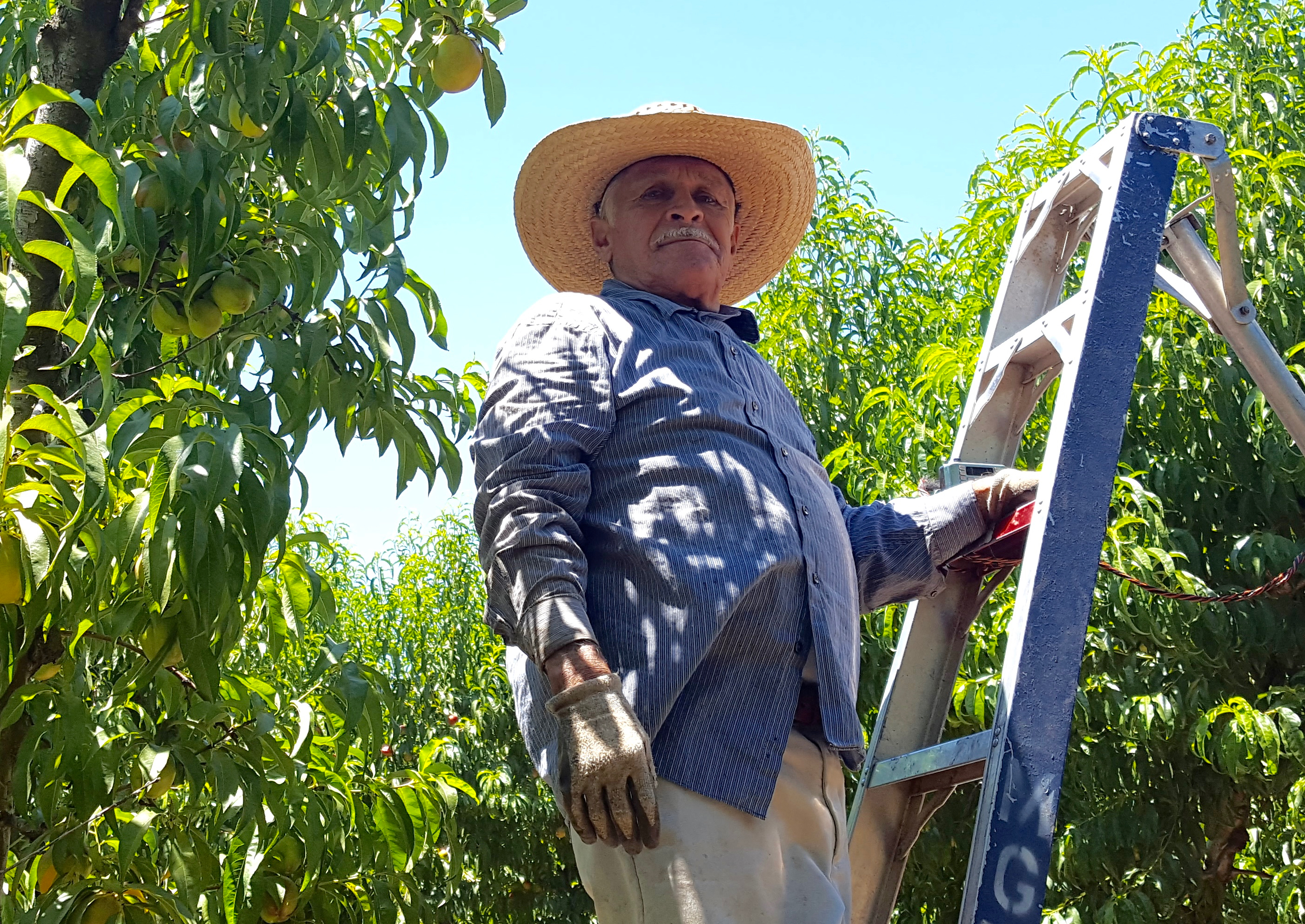Raul Calvo: Good Employee Communication Shows Respect
Organizations Must Improve Their Culture
By Laurie Greene, Founding Editor
Communicating with employees on the farm is essential. Furthermore, according to Raul Calvo, owner of Employer Services, the manner in which an employer communicates is critical in terms of making employees feel respected.
“The services I provide to employers, including those in agriculture,” Calvo explained, “are typically designed to improve the culture of their organizations by helping them better manage their employees.”
Calvo described himself as “nonstop-busy because as long as companies have employees, there will always be some sort of conflict. And there are certain skills that foremen and supervisors should have to be able to better manage their employees. Unfortunately, the majority of foremen and supervisors are not very adept in those skills, so we work on helping them with those skills.”
“One such skill is conflict resolution—their ability to resolve conflict among themselves, with their employees, and among the employees,” Calvo said.
“Another skill is their ability to manage and minimize favoritism, probably one of the most difficult things to manage. Favoritism causes employees to come to work with this sour taste in their mouths. You know, they’re constantly thinking, ‘Why me?’ ‘Why not me?’ or ‘Why do they only do this?’ So, favoritism makes any little issue or small problem become much bigger because the employees are already carrying this baggage.”
“Third, we evaluate their ability to communicate with employees, which is very difficult.”
Moreover, Calvo believes communicating technical information is exceptionally difficult, “so we work on programs to help supervisors develop that skill. For instance, I’ll see a supervisor talking with an employee about a movie, a TV show, or a sports game they saw, and they’re communicating this vivid information so clearly. But as soon as the supervisor needs to communicate technical information that is required for the employee to be able to do the job, the supervisor stumbles and often says the wrong thing to the employee.”
“Finally,” Calvo said, “supervisors need to meet with their employees on a regular basis—two or three times per week sometimes. Meetings that should take three to five minutes to end up taking 20 to 25 minutes. A meeting that should take 10 minutes takes 40 to 45 minutes because the supervisor does not have the skills to run an effective meeting. So, we put them through the process of running effective meetings and to be quicker and more to the point.”
These are four essential skills that supervisors and foremen need to develop, according to Calvo.













